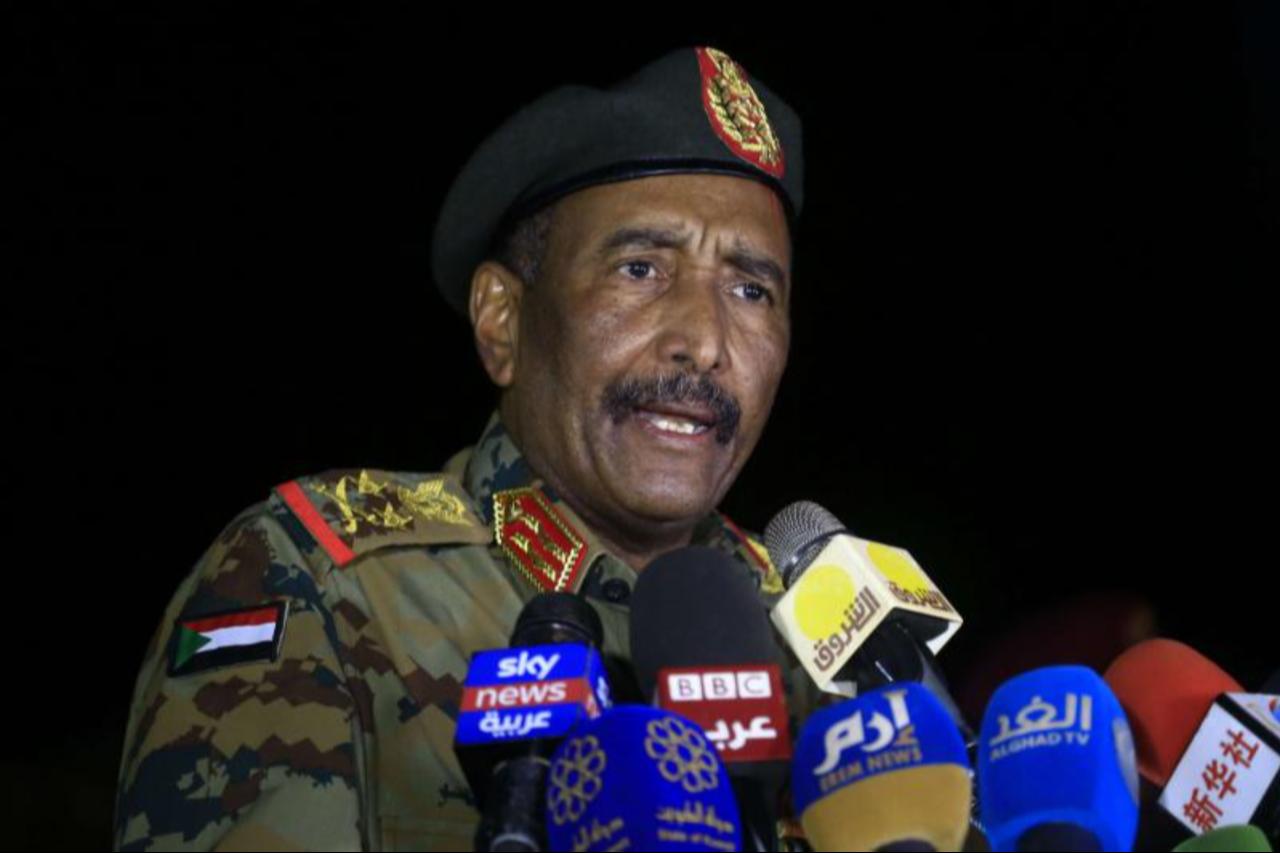
Sudan’s Transitional Sovereignty Council chief, Abdel Fattah al-Burhan, published an article in The Wall Street Journal in which he discussed the roots of the ongoing war in the country. In his opinion piece, he accused the Rapid Support Forces (RSF) of igniting the conflict after rebelling against the state, stressing that the militia “threatens Sudan’s social fabric and destabilizes the entire region.”
Burhan said that Sudan, whose history dates back to the Kingdom of Kush, is now fighting “a battle for survival,” and that ending the war requires support from regional partners and the United States.
He argued that the international community is receiving conflicting narratives about the roots of the conflict, adding that “the truth is clear,” as he put it.
The RSF, described by him as an armed militia with a long record of brutality, rebelled against the state and became involved in “mass killings, sexual violence, and terrorizing civilians,” citing reports by the Human Rights Council and other international bodies.
He said the RSF’s October takeover of el-Fasher was marked by “a massacre of thousands of civilians,” noting that field estimates, relayed by the director of Yale University’s Humanitarian Research Lab, put the death toll at around 10,000 before communication with sources was cut off, a figure he described as “a grim indication of the scale of the atrocities.”
Burhan noted that the Sudanese government had, since December 2022, deemed it necessary to integrate the RSF into the army in a “responsible” manner to prevent conflict and unify military command.
However, the militia turned against the state in April 2023, secretly mobilizing its forces in Khartoum and other cities and attacking military and government sites, triggering the outbreak of the war.
Burhan accused the RSF of receiving “significant external support,” saying this backing comes from parties “mistakenly convinced that empowering a militia accused of genocide and ethnic cleansing serves their interests.”
He added that Sudanese people understand “the cost of turning their country into an arena for settling others’ ambitions.”
He warned that the war would not remain confined within Sudan, stressing that it threatens the Red Sea, the Sahel, and U.S. interests.
He pointed to two incidents reported by U.S. media: the targeting of an American diplomatic convoy at the outset of the war and the death of a U.S. Embassy security staff member while in RSF custody in September 2024.
Burhan also welcomed remarks by U.S. Secretary of State Marco Rubio during the G7 Summit in Canada, describing them as “clear” in their characterization of the war, the nature of the RSF, and the external support they receive.
He likewise praised statements made by U.S. President Donald Trump following his meeting with Saudi Crown Prince Mohammed bin Salman, affirming Sudan’s appreciation for U.S. and Saudi efforts to achieve “a just and equitable peace.”
Burhan stressed that any lasting solution requires “dismantling the RSF and its mercenaries,” while allowing for the integration of “some elements not involved in crimes” into the army in accordance with professional standards.
He said Sudanese people now look to Washington to “take the next step,” adding that Sudan is not asking for “charity” or for anyone to take sides, but rather for a choice between “stability and violence” and between “a sovereign state” and “a militia carrying out ethnic cleansing.”
He noted Sudan’s desire to become a strong partner to the United States once the war ends, contributing to regional stability, counterterrorism, and reconstruction.
He stressed that the armed forces remain committed to a transition to civilian rule, "a transition delayed by the war, not abandoned."
Burhan concluded by saying that Sudan stands at “a crossroads,” and that peace must be built on truth, calling on the world to stand with the people of Sudan “not with those who seek to tear the country apart.”